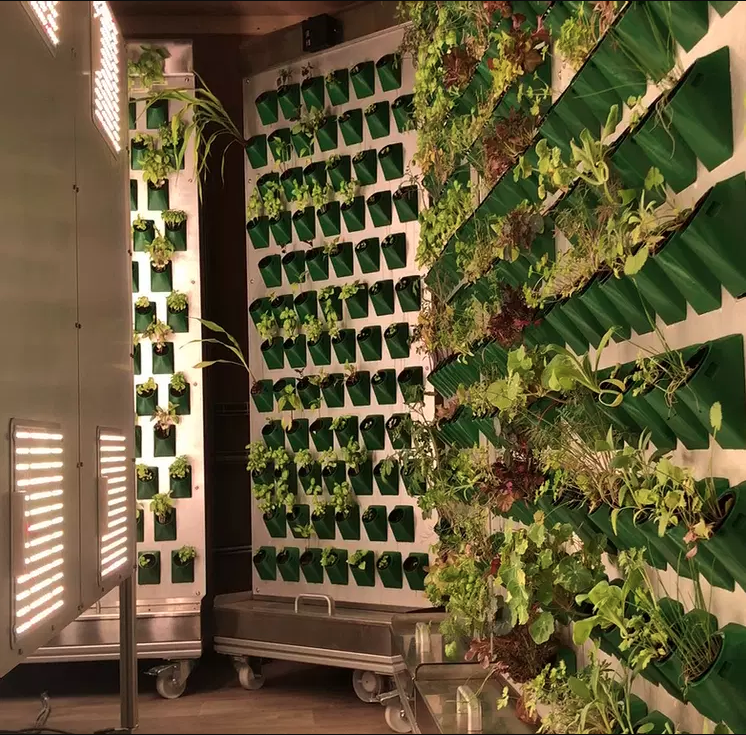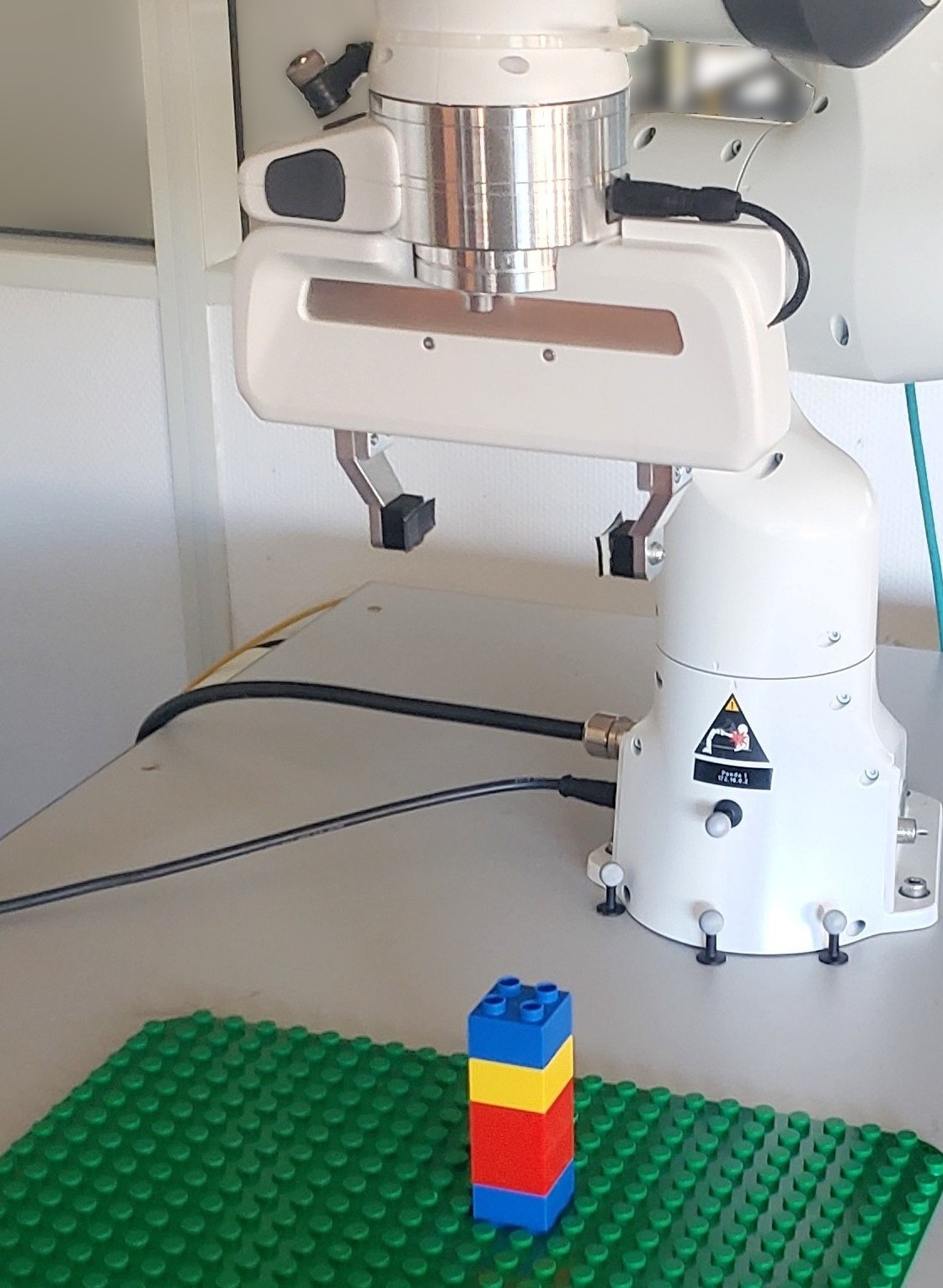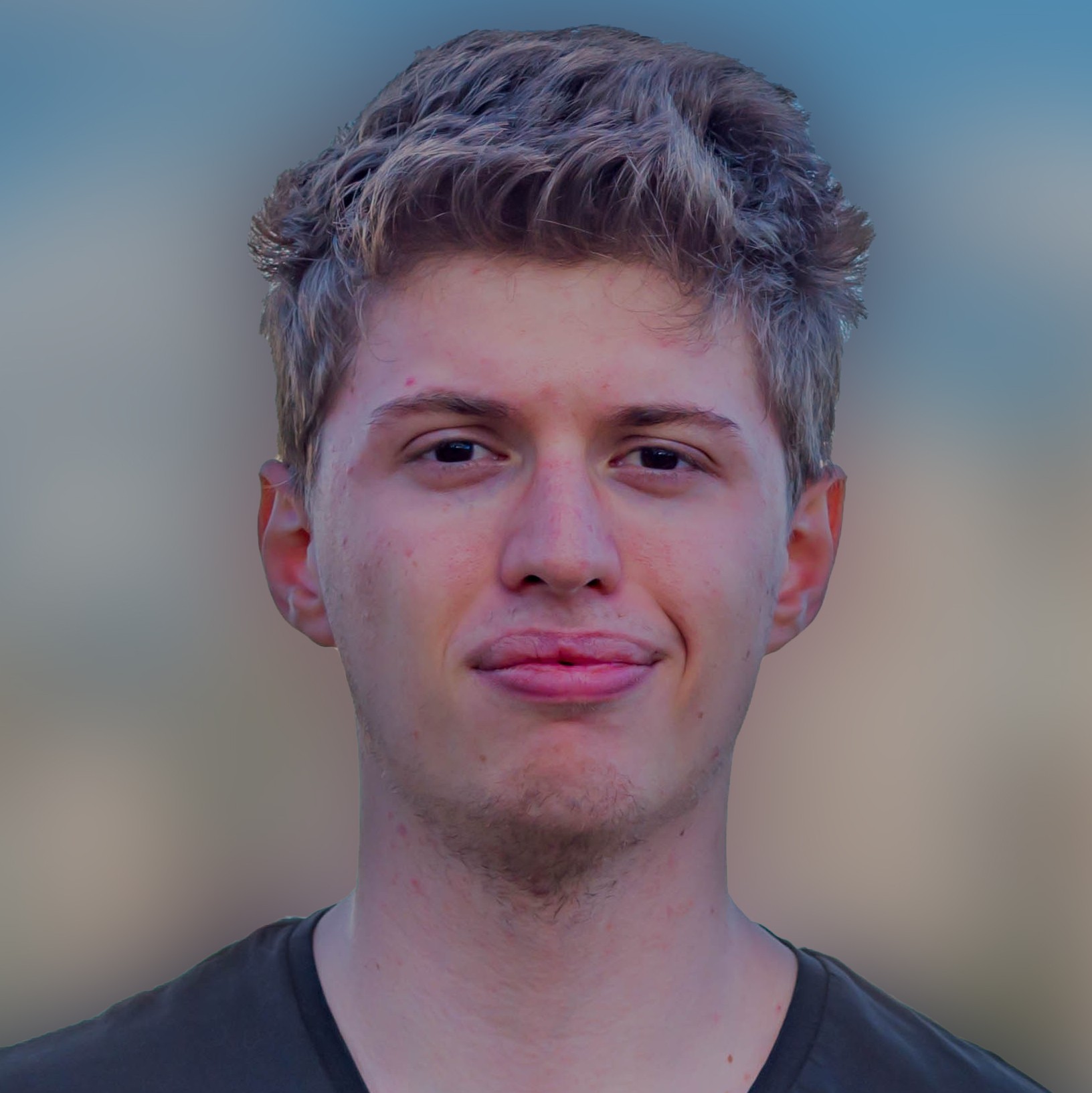The Auctus team was asked to perform a demonstration of our work during the Village Sports & Science in Bordeaux. We used the same demonstration that we did during the robotcup to over 2300 visitors.
People involved:
 Farm3 develops a robotic and ultrasound-based farm for vertical off-ground cultivation: The Cube. Supported by French starred chefs, the company aims at countering intensive farming by locally producing nutritive and tasty veggies and herbs, without pesticides nor GMOs, and in respect of the environment. Such novel ultraponic farming, inside a closed and controlled space, fosters local and quality cultivation of various species. The ultrasound-based technique maintains an optimal level of oxygenation and provides the needed amount of water and nutriments to the plants. The plants must be confined in this ideal growth atmosphere until they are ripe. However, some actions must be done while growing or harvesting the plants, such as clearing up the seedling, removing bad leaves, or pollinating the flowers. A robotic arm, equipped with a dedicated gripper, has been designed to perform these actions inside the Cube. To preserve the expertise of the farmer in the cultivation process, these skilled actions will be remotely controlled through a teleoperation device. Through a collaboration with the AUCTUS team, at INRIA Bordeaux, and the RoBioSS team at Pprime Institute, Farm3 aims at smartly robotizating the Cube, to enhance the cultivation conditions while facilitating the remote control of the farm. The first challenge of this project is to set up the dedicated robotic manipulator inside the Cube to autonomously perform simple tasks, such as grasping and placing plant buckets on the cultivation grid. The second objective is to preserve the farmers’ expertise as they should be able to control the actions through a Human-Robot interface. To remotely perform the task, the teleoperation interface should be augmented with relevant visual and haptic information, related to the plants and the Cube.
Farm3 develops a robotic and ultrasound-based farm for vertical off-ground cultivation: The Cube. Supported by French starred chefs, the company aims at countering intensive farming by locally producing nutritive and tasty veggies and herbs, without pesticides nor GMOs, and in respect of the environment. Such novel ultraponic farming, inside a closed and controlled space, fosters local and quality cultivation of various species. The ultrasound-based technique maintains an optimal level of oxygenation and provides the needed amount of water and nutriments to the plants. The plants must be confined in this ideal growth atmosphere until they are ripe. However, some actions must be done while growing or harvesting the plants, such as clearing up the seedling, removing bad leaves, or pollinating the flowers. A robotic arm, equipped with a dedicated gripper, has been designed to perform these actions inside the Cube. To preserve the expertise of the farmer in the cultivation process, these skilled actions will be remotely controlled through a teleoperation device. Through a collaboration with the AUCTUS team, at INRIA Bordeaux, and the RoBioSS team at Pprime Institute, Farm3 aims at smartly robotizating the Cube, to enhance the cultivation conditions while facilitating the remote control of the farm. The first challenge of this project is to set up the dedicated robotic manipulator inside the Cube to autonomously perform simple tasks, such as grasping and placing plant buckets on the cultivation grid. The second objective is to preserve the farmers’ expertise as they should be able to control the actions through a Human-Robot interface. To remotely perform the task, the teleoperation interface should be augmented with relevant visual and haptic information, related to the plants and the Cube.
In 2022, a contract was signed with Farm3 for a PhD on assisting the human by transferring skills to the robot in teleoperated vertical agriculture. The PhD student is Alexis Boulay under the supervision of David Daney.
[Read More]

